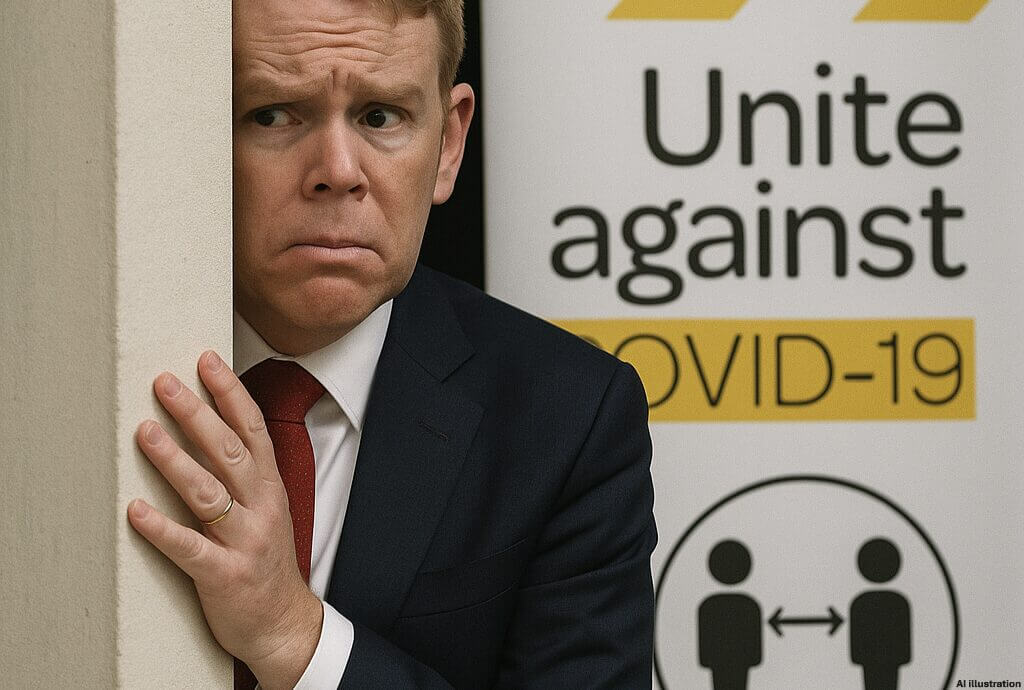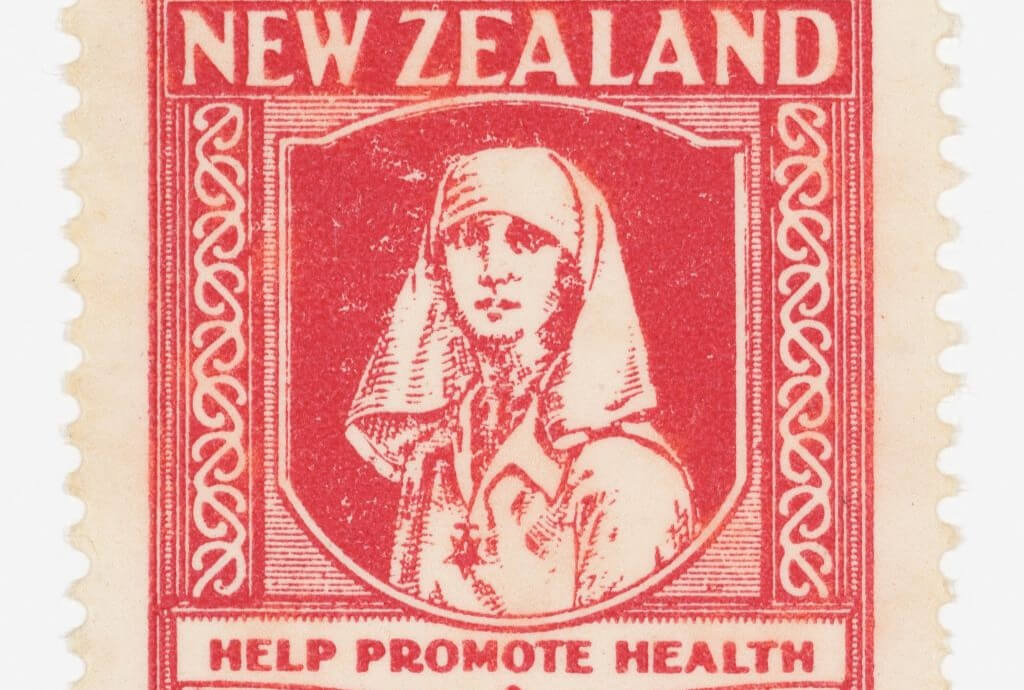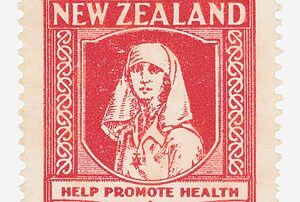In brief
- Labour identifies with Identity Politics.
- Vaccinated vs unvaccinated, rich vs poor; Māori vs Pākehā; trans vs men and women; young vs old; landlords vs renters; men vs women; rural farmers vs city dwellers, etc.
- Many say social cohesion is an election issue.
The politics of division
Since first coming to power in 2017, the Labour party has emphasised kindness, but has instead staked a number of positions and narratives that have resulted in Kiwis being pitted against each other. Social cohesion has since become an election issue.

The politics of envy
The politics of envy were stoked with the recent IRD report that stated the directionally obvious, albeit with precision they couldn’t possibly know. Namely, the wealthiest people have a lot of assets. Some of these aren’t subject to tax because NZ has no capital gains tax. Therefore, these people pay less as a percentage of their economic income(incl guessed at unrealized gains) than those who have only employment income taxed at the full rate.
The left leaning mainstream media pushed the divisive “rich prick” narrative-made famous by the late former Labour MP Sir Michael Cullen.
The opposition called the report “politically motivated”.
The two-tier society
The Government’s unabashed willingness to divide the population was highlighted in the rollout of the COVID vaccinations. The two tier society was glibly confirmed by PM Ardern with the unvaccinated placed into a lower caste.
What’s notable from a voter’s perspective is how quickly the Government’s calculations changed, apparently not based on science, but on polling – supposed COVID deaths were higher than ever at the end of 2022. When it became politically unfavourable to enforce mandates, they were scrapped entirely.
Co-governance and the politics of race
Labour’s ongoing efforts to implement anti-democratic co-governance initiatives give superior rights to those claiming Māori descent. For instance, the new Māori Health authority, the renamed 3 Waters and the proposed new planning laws. This has been highly divisive. Both ACT’s David Seymour and NZ First’s Winston Peters, both Māori, have described co-governance policies as “apartheid”.
Point the finger elsewhere whenever possible
When public opposition finally convinced Ardern to go to Plan B, her successor Chris Hipkins again stoked the fires of division by blaming misogynists (Ardern had not) for forcing Ardern out of office. This notwithstanding NZ was the first in the world to give women the vote and there is gender parity in Parliament. Plus women have been PM for half the time since 2000, including a historic majority for Ardern.
Other examples
Labour has enacted climate change policies like the Fart Tax that makes climate villains out of the nation’s farmers.
Cabinet minister Michael Wood went out of his way to call women’s rights activist Posie Parker “vile”. Labour backed Wellington mayor Tory Whanau encouraged the protests in that city after the unruly events in Auckland.
Labour appointed Race Relations commissioner Meng Foon adds to the mix with his failure to call out racism against white people in taxpayer-funded work seemingly supporting the murder of white men.
There’s also Hipkins’ failure to fire or even censure cabinet member Marama Davidson for her outrageously ignorant and bigoted statements blaming “white cis men” for “violence in the world”.
Voters have a choice
There is always tension between left and right, but not to this degree. Division is now a significant issue, by itself, and not just a side effect. It remains to be seen what priority voters will give it.



















